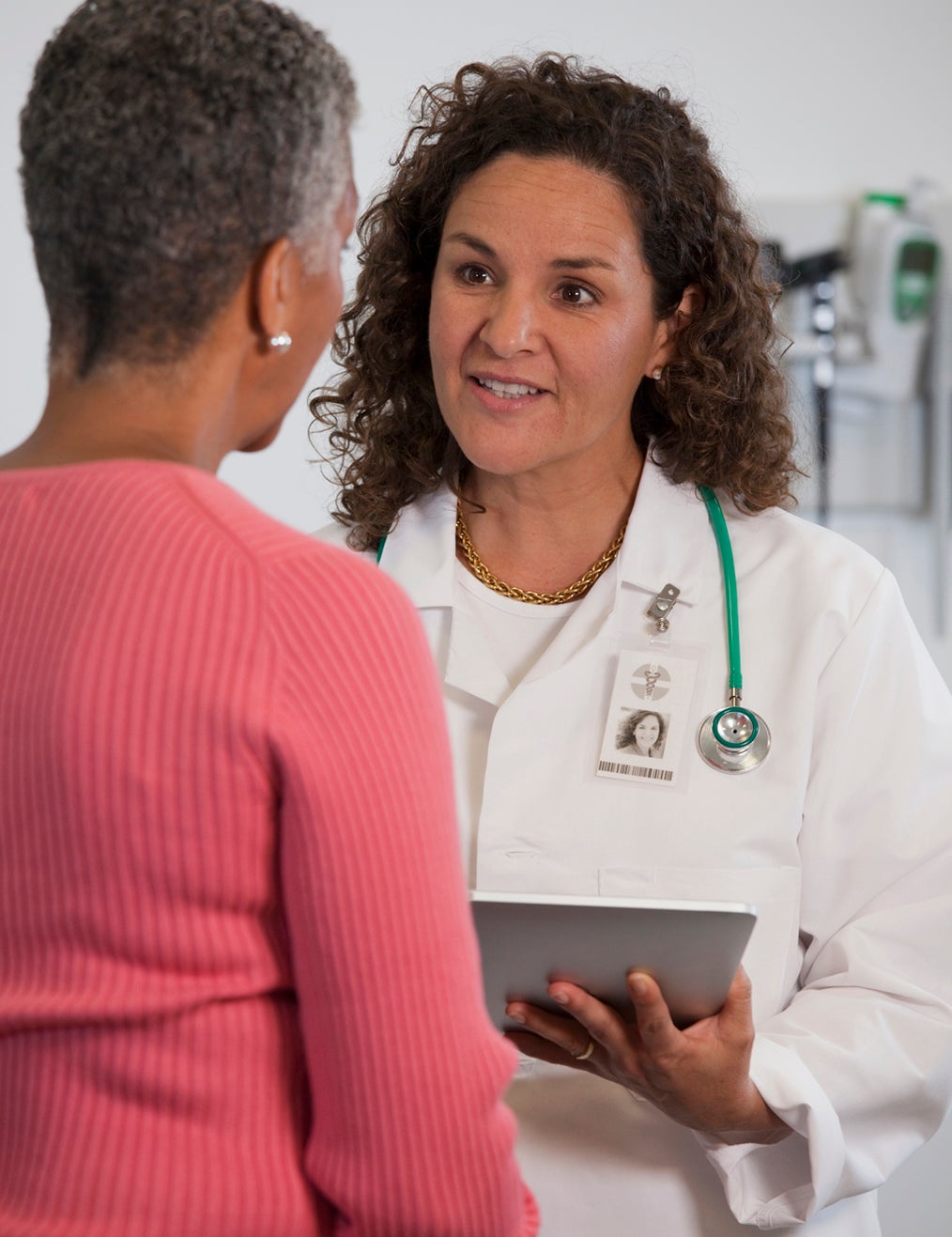A recent study reported that plastic surgery is on the rise across all demographics (Blacks, Whites, young and old). Whether women are investing in breast reductions for health reasons, breast implants for social reasons, or a face lift to get your youth back— more and more women are going under the knife. We reached out to renowned doctor and Board-Certified plastic surgeon, Dr. Robert Cohen, for his tips on what you should consider before you go under the knife.
You should be able to view a wide variety of case examples the surgeon has performed to get an idea of their skill level, what their area of subspecialty is, and their aesthetic style. If you don’t generally like a surgeon’s results, you should look at someone else. Do keep in mind that surgical outcomes are also dependent on where a patient started, so patients with more favorable anatomy before surgery often get better results after surgery. In general, you should at least see a nice improvement with each before and after photo.
Knowing your plastic surgeon is a member of the American Society of Plastic Surgeons (ASPS) and the American Society for Aesthetic Plastic Surgery (ASAPS) shows another level of professional and peer recognition, and ensures that your surgeon is considered ethical and qualified to do your surgery.
The most important first step is to make sure that your surgeon is certified by the American Board of Plastic Surgery. This is the only board recognized by the American Board of Medical Specialties (ABMS) and shows that the surgeon had proper training in plastic surgery and has passed a rigorous set of exams to demonstrate that they are well trained and safe. Don’t be fooled by similar sounding boards like the American Board of Cosmetic Surgery. These boards are not recognized by the ABMS, and do not require actual plastic surgery residency training.
This should be on their website and will show which schools they attended, awards they have received, academic contributions they have made, and which hospitals have given them privileges. Even though most surgeons perform aesthetic surgery in an outpatient setting, every board certified plastic surgeon is also required to have hospital privileges. If they do not, that should be a major red flag.
Complications can occur with any surgery, but there are things that you can do to ease the process. Maintaining a healthy diet and lifestyle are paramount in your recovery process. If you are overdue for a checkup by your primary care doctor, go for a general health check before surgery. Make sure you are not smoking cigarettes or using recreational drugs for at least 4-6 weeks before and after surgery. Try to avoid alcohol for a few weeks around the time of surgery.
Cohen recommends that you follow your surgeon’s instructions closely, stating, “The guidelines we provide after surgery are to protect your health and safety. For example, there will usually be a period after surgery where we advise you to avoid exercise. If this kind of instruction is ignored, it is possible to damage your surgical results.”
Once you have found the right surgeon for you, make sure you express what you are looking for in detail, and make sure you and your surgeon are on the same page. “Sometimes patients have unrealistic expectations for what they want, and it is the surgeon’s job to help align the patients expectations with what is realistically possible. Be careful of a surgeon that glosses over possible issues or complications. On the other hand, as a patient, you need to listen carefully to what the surgeon thinks he or she can accomplish. Keep in mind, most surgeons work very hard to get the best results possible, but there are certain things we have limited control over (for example, skin elasticity, bony asymmetry, gravity, etc.) Try to remember that working on people is different than working with wood or steel; people have natural genetic variation, there are various biological processes at work after surgery, and skin and soft tissues stretch and change over time, making long term results less predictable,” Cohen states.
As a surgeon that performs revision surgery on a weekly basis and teaches courses on this topic nationally and internationally, I can say with authority that it is a lot easier more cost effective to have a surgery done right up front, than to fix a problem after problems occur. Even the best surgeons in the world have complications, but low cost often means that quality or corners are being cut somewhere. You only get one body, so treat it properly and look for safety and quality with your surgery. “Groupon’s are great for restaurants, but probably not the best idea with surgery,” states Cohen.
If you have a concern or issue after surgery, call your surgeon’s office and let them know. “Getting phone calls from patients is part of our job, and knowing if something is not quite right can help us correct things as efficiently as possible,” Cohen states. ” Just like with any other kind of relationship, having a good line of communication is very important to a surgeon-patient relationship. Not every surgery is perfect, but with good rapport, most situations can be worked out in a way that is beneficial for everyone.”










